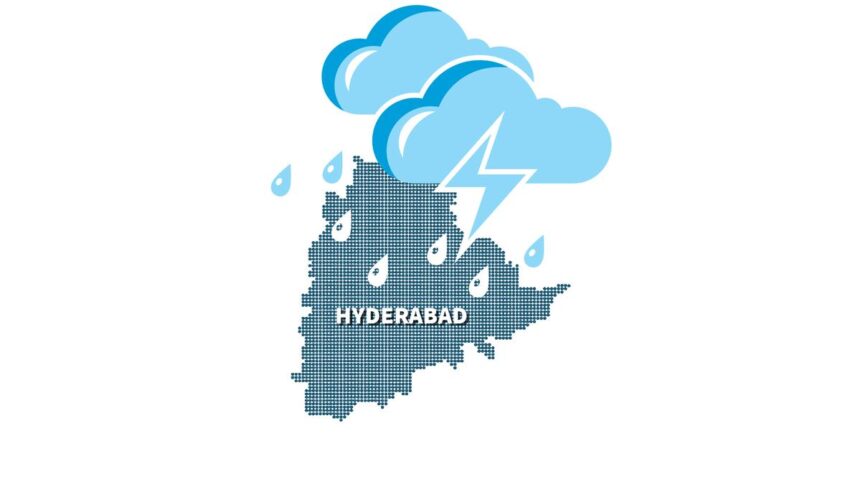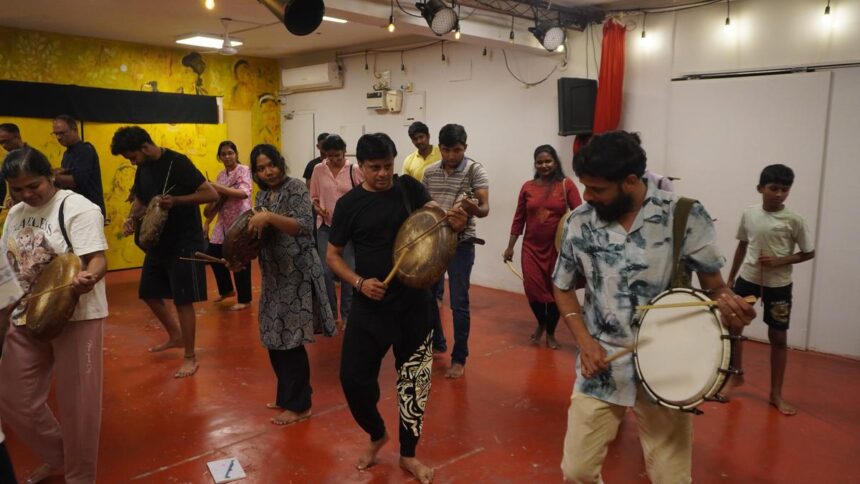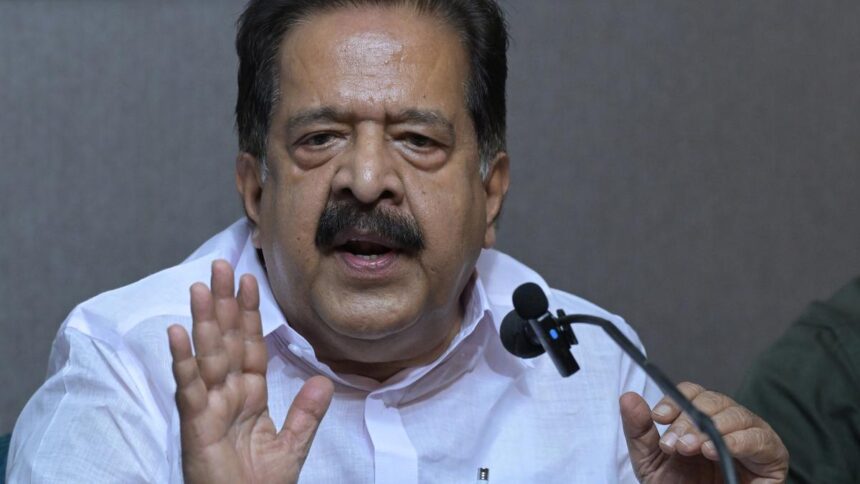
A.P. Pollution Control Board Chairman P. Krishnaiah addressing a conference on industrial pollution, in Visakhapatnam on Friday.
| Photo Credit: V. RAJU
Prioritise environment and safety, not just for compliance, but for competitiveness, Andhra Pradesh Pollution Control Board (APPCB) Chairman P. Krishnaiah urged the industries at the CII conference on industrial pollution on Friday.
Stakeholders from industry, academia and regulatory bodies deliberated on sustainable industrial practices, environmental compliance, and policy collaboration.
Mr. Krishnaiah, while delivering the inaugural address, urged the industries to accord a top priority to environmental safety and pollution prevention in management reviews. Those aspects should not be just a checkbox before audits, he said.
Referring to technology adoption, Mr. Krishnaiah stressed that green technologies are no longer optional, but essential. Technology is the only long-term solution to mitigate pollution, he affirmed.
State-level recycling policy
Andhra Pradesh is in the process of formulating a State-level recycling policy, backed by incentives, to promote entrepreneurship in the sector.
He noted the underutilisation of recyclable waste in southern India. Sharing his experience from the Material Recycling Association of India (MRAI) Expo, he said India’s western States were far ahead in industrial recycling.
Mr. Krishnaiah called on industries to consider waste as a resource, citing examples like a textile plant in Ongole that recycles even salt residues.
He proposed forming a CII-led Industrial Technology Forum supported by seed funding from the A.P. Pollution Control Board to drive innovation and environmental excellence.
ESG compliance
G. Murali Krishna, Chairman, CII Andhra Pradesh, highlighted the increasing sensitivity of global investors towards ESG compliance. He emphasised that future industrial growth hinges on adopting zero liquid discharge systems, real-time environmental monitoring, and robust safety protocols.
S. Narasimha Sastry, president & unit head, Grasim Industries Ltd, BB Puram, underscored the need to ‘minimise, mitigate, and move forward’ to achieve global competence in pollution control.
S. Bala Prasad, Head of the Department of Environmental Science Engineering and Management at Andhra University, deliberated upon the evolving landscape of wastewater management.
He introduced the concept of ‘water plus’—treating wastewater as a resource rather than a burden. He spoke on the potential of bio-electrochemical technologies that allow wastewater treatment plants to function as chemical refineries, producing value-added outputs like hydrogen, thereby contributing to both sustainability and profitability.
Published – July 12, 2025 08:25 am IST






















